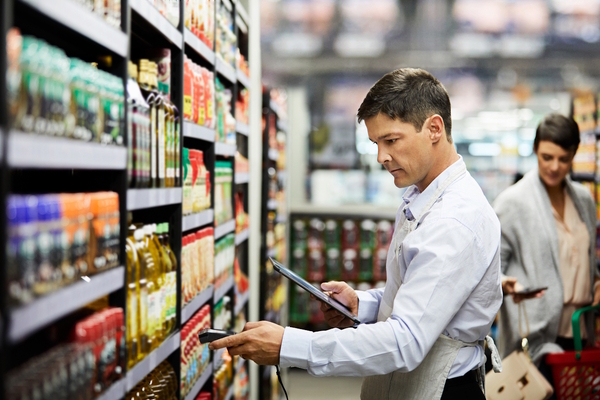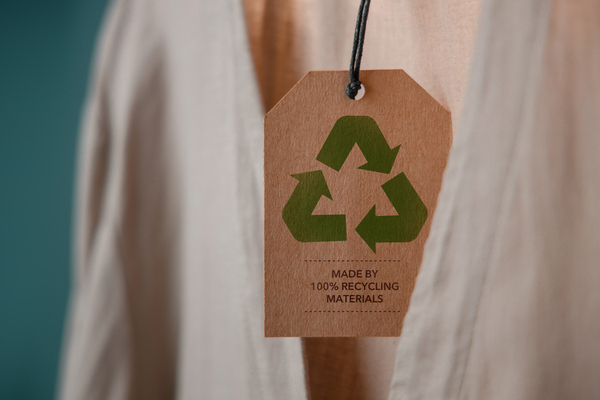Sustainability in plastic packaging is shaping up
Sponsored by Plastic Ingenuity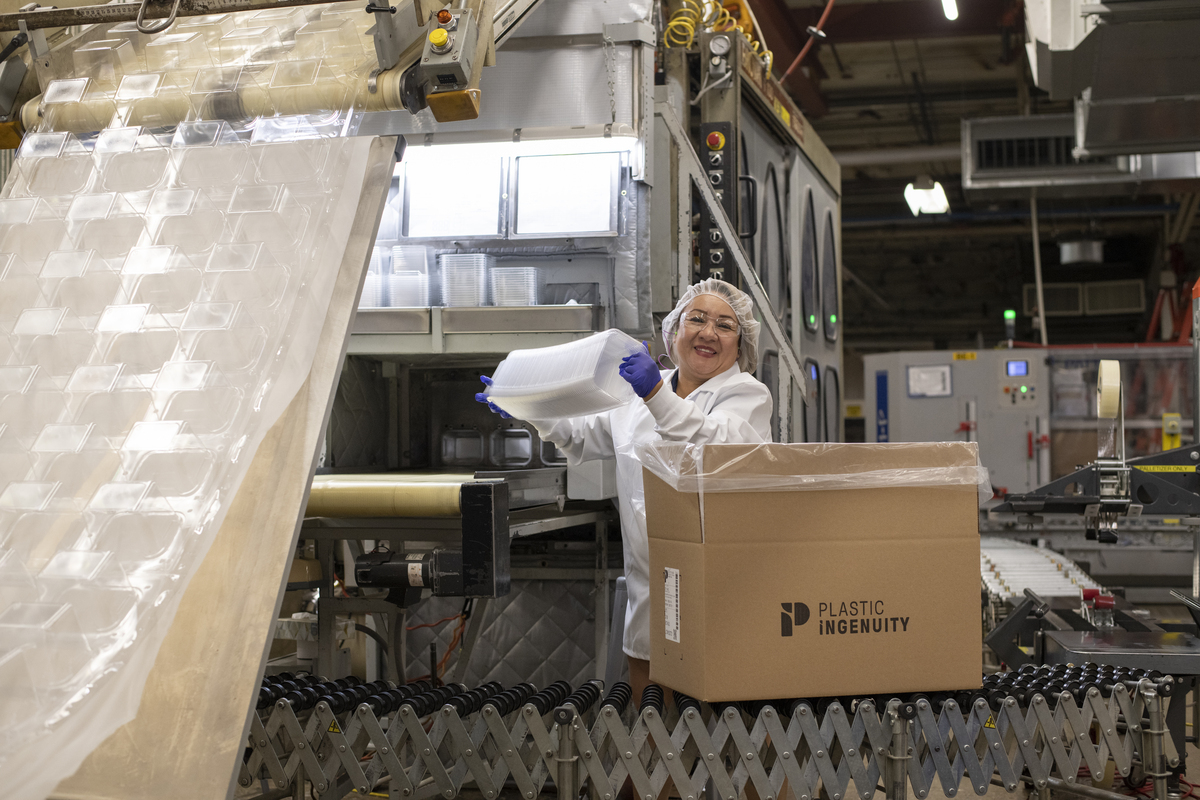
In just 50 years, Plastic Ingenuity has expanded from a niche employer headquartered in Cross Plains, Wisconsin to become one of the largest custom thermoformers in North America, with seven manufacturing locations spanning the US and Mexico. Nearly all its packaging solutions are custom designed for specific customers and applications within the food, healthcare and consumer products industries.
Plastic Ingenuity is a vertically integrated custom thermoformer that builds its own tools, extrudes its own materials, and heavily customizes its own machines. Plus, technical sales and engineering experts are like an extension of the customer’s in-house team, providing direct support on the production floor, ensuring parts run perfectly through their processes. More than 850 employees support Plastic Ingenuity’s efforts to enhance quality throughout all aspects of the manufacturing process while accelerating customers’ speed to market.
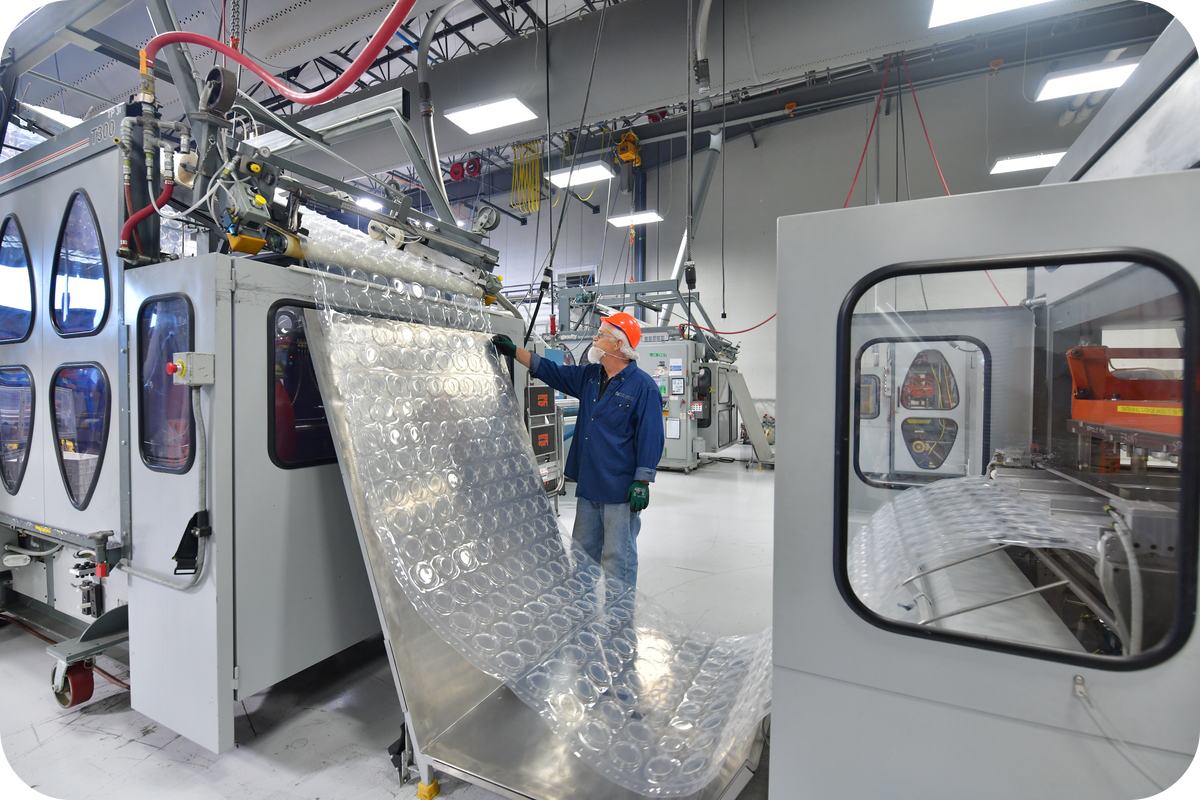
“As our organization continues to expand, it is vitally important that we maintain our focus on preparing and enabling our team members for growth,” said Dan Kuehn, Plastic Ingenuity’s President and CEO. “Recent efforts to improve our onboarding, training and professional development programs are already bearing fruit.”
At every Plastic Ingenuity site, it takes well-trained, engaged employees running the machines, maintaining quality controls, and inspecting and packing the parts to fully deliver on unique customer-driven requirements. The company’s people-first approach is demonstrated in the 28 years of average tenure of its design engineering group. Moreover, the leadership team has awarded a 42 per cent discretionary profit-sharing bonus to employees every year. This is a culture-defining cornerstone of Plastic Ingenuity’s philosophy since its inception in 1972.
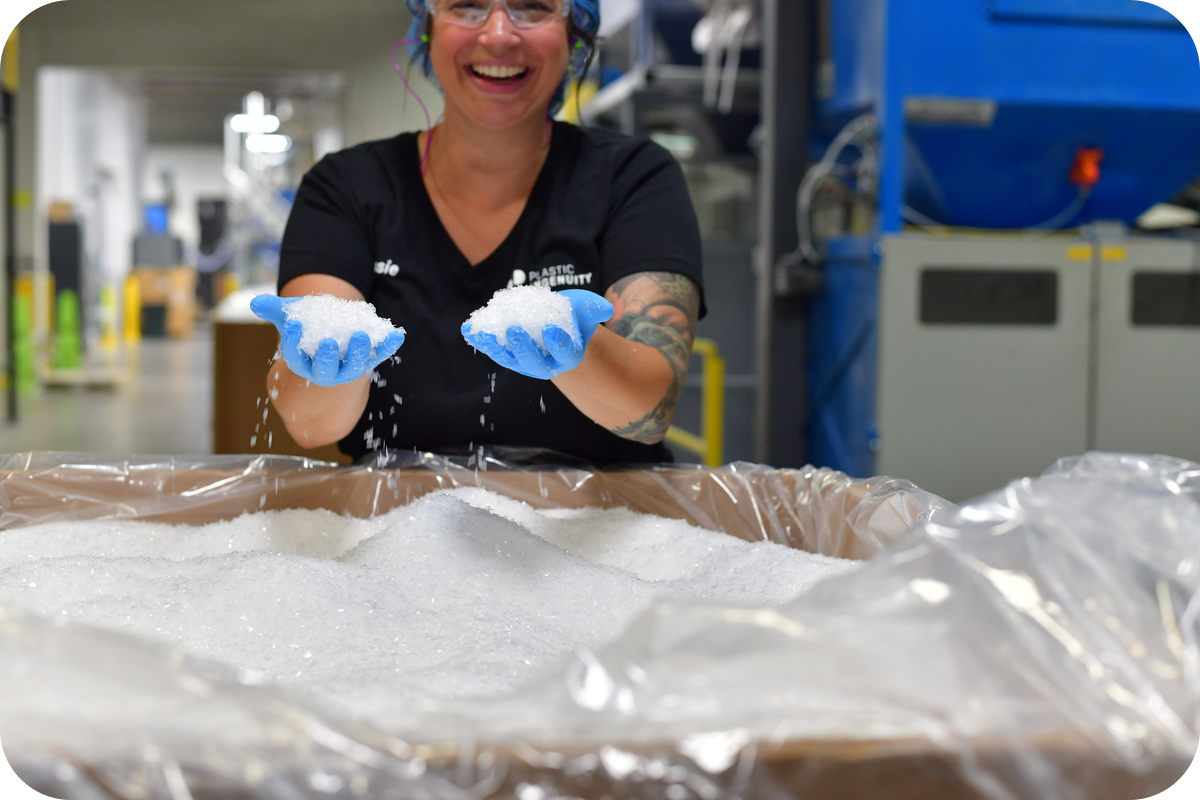
“Our employees have a real sense of ownership in the company,” said Sakif Ferdous, Chief Revenue Officer of Plastic Ingenuity. “Everyone is directly incentivized to do what is best for our customers and personally take it upon themselves to get things done.”
With a compounded annual growth rate of over 15 per cent since 2020, Plastic Ingenuity has made ongoing investments in its people and its production capacity. All US locations have added production lines, upgraded equipment and have extended the company’s footprint. In fact, Plastic Ingenuity’s newest manufacturing location opened in 2021 in Tooele, Utah, focusing on high-volume, sustainable food packaging applications.
Though sustainability may be a more recent priority worldwide, conservation has been part of Plastic Ingenuity’s mission since day one. Some notable achievements include a closed-loop cooling system for thermoforming machines that helps reduce water consumption, a waste-heat recovery system in the warehouse that reduces greenhouse gas (GHG) emissions, rain gardens to help reduce storm water runoff, solar panels that help generate energy and reduce GHG emissions, and energy-efficient lighting to reduce energy consumption throughout the facilities.
Besides minimizing its own environmental footprint, Plastic Ingenuity is dedicated to helping its customers across the food, healthcare and consumer goods segments improve the circularity of their product packaging.
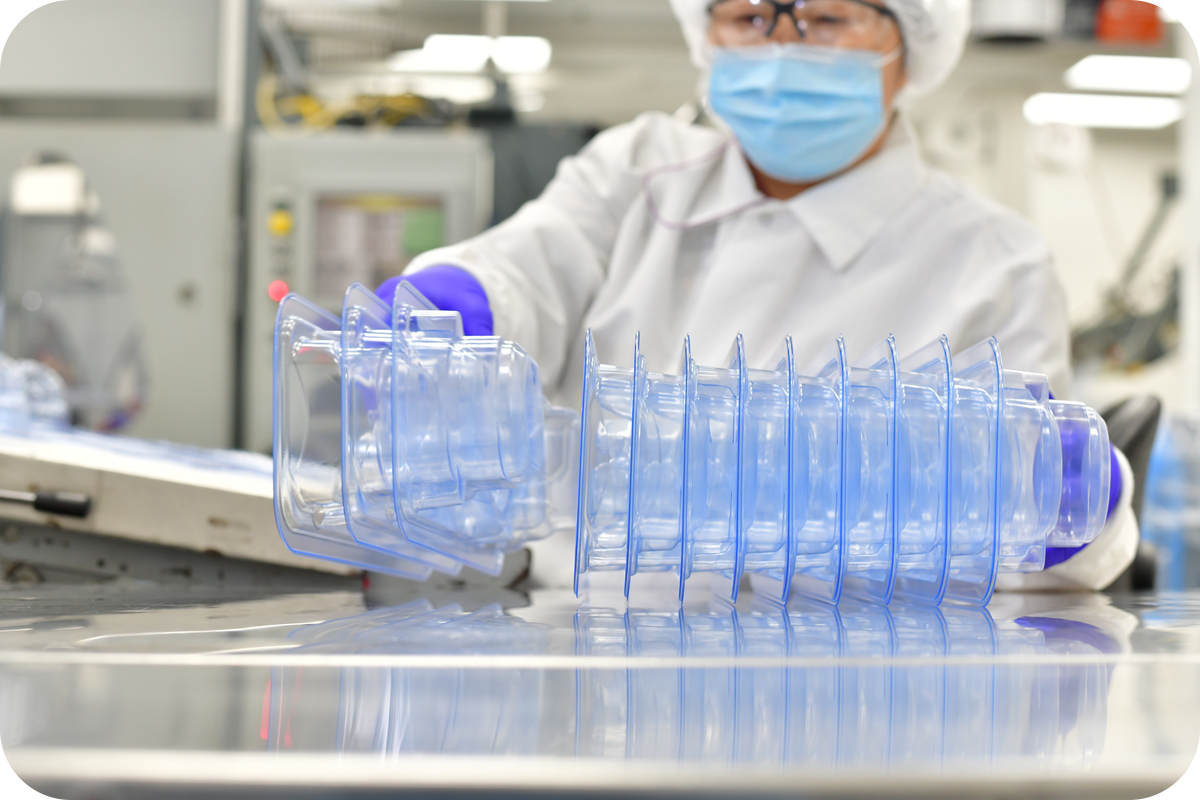
“Each of our customers is at a different point in their sustainability journey. While some are just starting to define their goals, others have established and publicized commitments that they are aspiring to meet,” said Zach Muscato, Corporate Sustainability Manager at Plastic Ingenuity.
A deeper understanding of its customers’ most urgent and significant needs has led Packaging Ingenuity to launch a suite of circularity services designed to assist customers wherever they might be on their sustainability journey. Services include sustainable packaging assessments, sustainability roadmaps, recyclability assessments, take-back programs and life cycle assessments. Additionally, Plastic Ingenuity has earned ISCC PLUS certification, enabling it to offer materials derived from advanced recycling techniques.
This will be especially useful to the healthcare industry, where regulations limit the type of material approved for sterile barrier system (SBS) packaging. However, it’s a misconception that materials from a healthcare setting must be incinerated or sent to a landfill. Only 15 per cent of packaging waste from healthcare facilities is considered hazardous[1]. Post-consumer recycled material may be used for secondary and tertiary packaging, as those applications are less constrained than SBS packaging.
Furthermore, the scale and buying power of group purchasing organizations and large retailers, non-governmental organization (NGO) leadership, legislative policy, consumer demands and investor influence are elevating the priority of sustainability efforts. Although the transition to a circular economy will require significant investments of time, money and resources, recognizing and pursuing opportunities for change will help create a more sustainable packaging industry. Plastic Ingenuity is proud to be a full-service partner for food, healthcare and consumer goods brands committed to mitigating their environmental impact and promoting a brighter future.
[1] Healthcare Plastics Recycling Council, Hospital Waste Characterization

Business Reporter Team
Most Viewed
Winston House, 3rd Floor, Units 306-309, 2-4 Dollis Park, London, N3 1HF
23-29 Hendon Lane, London, N3 1RT
020 8349 4363
© 2025, Lyonsdown Limited. Business Reporter® is a registered trademark of Lyonsdown Ltd. VAT registration number: 830519543
